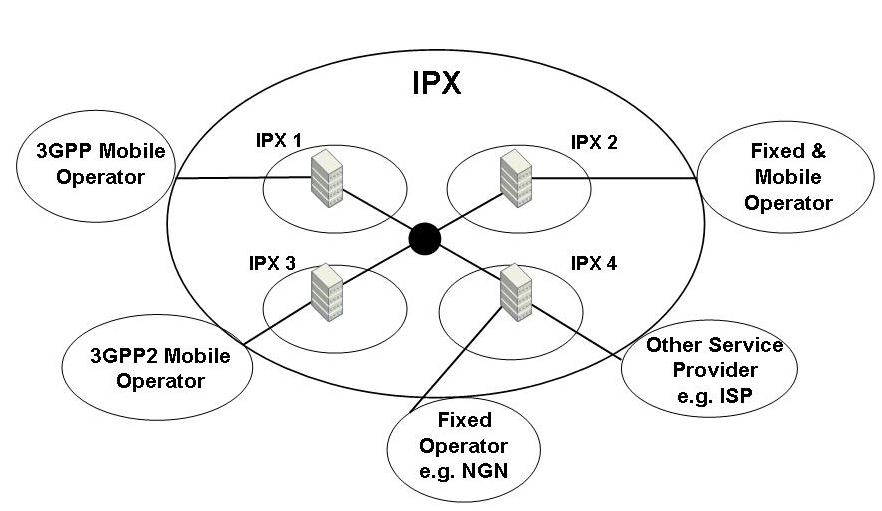Research
Google's AMP (Accelerated Mobile Project)

The rapid growth in the number of mobile devices, subscriptions and their associated traffic, has served as motivation for several projects focused on improving mobile users' quality of experience (QoE). Few have been as contentious as the Google-initiated Accelerated Mobile Project (AMP), both praised for its seemingly instant mobile web experience and criticized based on concerns about the enforcement of its formats. This paper presents the first characterization of AMP’s impact on users’ QoE. We do this using a corpus of over 2,100 AMP webpages, and their corresponding non-AMP counterparts, based on trendy-keyword-based searches. We characterized AMP’s impact looking at common web QoE metrics, including Page Load Time, Time to First Byte and SpeedIndex (SI). Our results show that AMP significantly improves SI, yielding on average a 60% lower SI than non-AMP pages without accounting for prefetching. Prefetching of AMP pages pushes this advantage even further, with prefetched pages loading over 2,000ms faster than non-prefetched AMP pages. This clear boost may come, however, at a non-negligible cost for users with limited data plans as it incurs an average of over 1.4 MB of additional data downloaded, unbeknownst to users.
Poster PAM 2019
Conference paper
Byungjin Jun, Fabián E. Bustamante, Sung Yoon Whang, and Zachary S. Bischof. 2019. AMP up your Mobile Web Experience: Characterizing the Impact of Google's Accelerated Mobile Project. In The 25th Annual International Conference on Mobile Computing and Networking (MobiCom '19). ACM

Roaming and IPX (IP exchange)

Roaming has been common not only for human but for IoT machines from connected cars to logistic and wearables. More diverse has turned into new challenges in interconnecting each service provider to others like mobile network providers, fixed network operators, application service providers, and internet service providers. GSM Association-developed IP exchange (IPX) model is a telecommunication interconnection model for various IP-based traffic which needs a certain level of QoS between service providers. As IPX can help to handle messy interconnections, many providers have adopted the service, but this specific area has been understudied. Deeper exploration of IPX and the characteristics of humand Roaming as well as Machine-to-Machine (M2M) Roaming would shed light on the breadth of IoT/M2M platforms.
Internship Telefonica Research (Barcelona, 2018 and 2019)
Conference paper
Andra Lutu, Byungjin Jun, Alessandro Finamore, Fabián E. Bustamante, and Diego Perino. 2020. Where Things Roam: Uncovering Cellular IoT/M2M Connectivity. In The 20th Annual International Conference on Internet Measurement Conference (IMC '20). ACM

Journal paper
Andra Lutu, Byungjin Jun, Fabián E. Bustamante, Diego Perino, Marcelo Bagnulo, and Carlos Gamboa Bontje. 2020. A First Look at the IP eXchange Ecosystem. In The SigComm Computer Communication Review, Volume 50, Issue 4 (SigComm CCR October 2020)